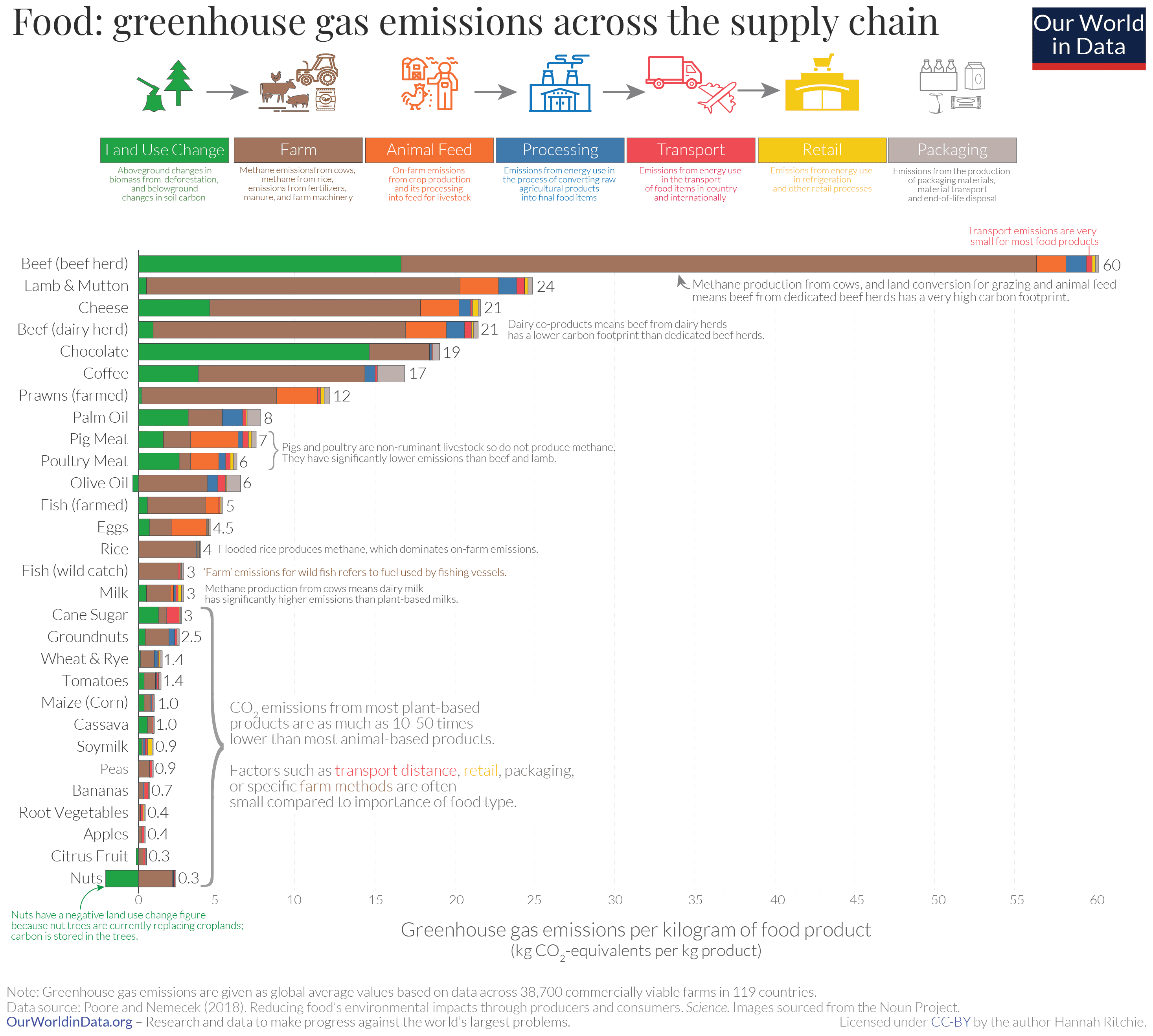Animal welfare is an urgent issue that calls for compassionate action, and adopting plant-based diets offers a powerful way to drive change. By choosing plant-based meals, individuals can help reduce animal suffering, lessen the environmental strain of animal agriculture, and enjoy numerous health benefits. This article uncovers the vital link between plant-based eating and animal welfare, exploring the realities of factory farming, the ecological impact of meat production, and practical steps for transitioning to a cruelty-free lifestyle. Discover how simple dietary shifts can promote kindness toward animals while supporting a more sustainable future for all living beings
Animal welfare is a pressing global issue that has gained significant attention in recent years. As our society becomes more conscious about the ethical treatment of animals, the demand for cruelty-free and sustainable options has grown substantially. One way to address this issue is by promoting plant-based diets as a means of improving animal welfare. By opting for a plant-based lifestyle, individuals can reduce their impact on the environment and support the well-being of animals. In this article, we will explore the link between animal welfare and plant-based diets, and how this dietary shift can make a positive impact on the lives of animals. We will delve into the various aspects of animal welfare, including the mistreatment of animals in factory farming and the environmental impact of animal agriculture. Furthermore, we will discuss the benefits of adopting a plant-based diet and provide practical tips for making this transition. Let us delve deeper into the connection between plant-based diets and animal welfare and discover how we can all contribute to a more compassionate and sustainable world for animals.
Ethical and sustainable eating habits
In today’s increasingly conscious world, many individuals are embracing ethical and sustainable eating habits as a way to contribute positively to the environment and promote overall well-being. By making mindful choices in our dietary habits, such as opting for locally sourced, organic produce and reducing our consumption of animal products, we can significantly reduce our carbon footprint and support sustainable farming practices. Additionally, embracing plant-based diets not only aligns with the principles of animal welfare but also offers numerous health benefits, including lower risks of heart disease, obesity, and certain types of cancer. By adopting these ethical and sustainable eating habits, we can play an active role in creating a more compassionate and environmentally friendly food system.
Benefits of a meat-free diet
Embracing a meat-free diet offers a wide range of benefits for both individuals and the planet. Firstly, plant-based diets are typically lower in saturated fats and cholesterol, which can lead to a reduced risk of heart disease and other cardiovascular ailments. Additionally, a meat-free diet rich in fruits, vegetables, whole grains, and legumes provides ample fiber, vitamins, and minerals, contributing to improved overall health and immune function. Furthermore, plant-based diets have been associated with a lower body mass index and a reduced risk of obesity and related chronic conditions. From an environmental perspective, reducing meat consumption helps conserve precious resources such as water and land and reduces greenhouse gas emissions associated with livestock production. By embracing a meat-free diet, individuals can not only prioritize their own health but also play an active role in promoting a more sustainable and compassionate future for animals and the planet.

Compassionate choice for animals
By adopting a plant-based diet, individuals have the opportunity to make a compassionate choice for animals. By eliminating animal products from their meals, individuals are actively choosing not to contribute to the exploitation and suffering of animals raised for food. This compassionate choice aligns with the fundamental principle of treating animals with kindness and respect, recognizing their inherent value and right to live free from harm. By embracing plant-based diets, individuals can promote animal welfare by reducing the demand for animal products and supporting a more ethical and humane food system. This conscious decision reflects a deep empathy for animals and a commitment to creating a better world for them.
Reducing environmental impact through diet
In addition to promoting animal welfare, adopting a plant-based diet also offers a compelling solution for reducing our environmental impact. The production of animal-based foods requires significant amounts of natural resources, including land, water, and energy. By shifting towards plant-based alternatives, individuals can help alleviate the strain on these resources and contribute to a more sustainable future. Plant-based diets have been shown to have a lower carbon footprint, as they require fewer greenhouse gas emissions compared to the production of animal products. Additionally, reducing the consumption of animal-based foods can mitigate deforestation, as vast amounts of land are often cleared for livestock grazing and feed production. Embracing plant-based diets not only benefits our own health, but also plays a crucial role in mitigating climate change and preserving our planet for future generations.

Supporting animal welfare organizations
Supporting animal welfare organizations is a key aspect of promoting a compassionate and ethical approach to our treatment of animals. These organizations work tirelessly to rescue and rehabilitate animals in need, advocate for stronger animal protection laws, and raise awareness about the importance of animal welfare. By financially supporting these organizations, volunteering our time, or spreading their message through social media and other platforms, we can make a real difference in the lives of animals. Whether it’s providing shelter and medical care for abused animals, campaigning against animal cruelty, or promoting adoption and responsible pet ownership, supporting these organizations allows us to actively contribute to creating a more compassionate society for all living beings. Together, we can help ensure that animals are treated with the respect and kindness they deserve.
Delicious and nutritious plant-based meals
In addition to the positive impact on animal welfare, adopting a plant-based diet offers a multitude of benefits for our own health and well-being. Delicious and nutritious plant-based meals provide a wealth of vitamins, minerals, and antioxidants that are essential for optimal health. By incorporating a variety of fruits, vegetables, whole grains, legumes, and plant-based proteins into our diet, we can nourish our bodies and support overall wellness. Plant-based meals are often lower in saturated fats and cholesterol, which can help reduce the risk of heart disease and improve cardiovascular health. Furthermore, the abundance of fiber in plant-based foods aids digestion, promotes healthy weight management, and helps maintain stable blood sugar levels. With a wide range of flavors, textures, and culinary options available, embracing plant-based eating can be a delightful and fulfilling journey towards a healthier lifestyle.
Making a positive impact daily
Every day presents an opportunity for each of us to make a positive impact on the world around us. Whether it is through small acts of kindness, spreading positivity, or supporting causes that align with our values, each action has the potential to create a ripple effect of change. Taking a moment to uplift someone’s spirits, lending a helping hand to those in need, or simply choosing to approach situations with empathy and understanding can make a significant difference in the lives of others. By consciously making a commitment to make a positive impact daily, we can contribute to building a more compassionate and harmonious society.
Small changes, big difference made
In our quest to promote animal welfare through plant-based diets, we have learned that small changes can make a big difference. By incorporating more plant-based meals into our daily routines, we can significantly reduce the demand for animal products and lessen the impact on animals and the environment. Something as simple as opting for a meatless Monday or exploring new plant-based recipes can have a profound effect on our health, the welfare of animals, and the sustainability of our planet. Each small step we take towards embracing a plant-based lifestyle is a step towards a more compassionate and sustainable future.
In conclusion, the benefits of adopting a plant-based diet for the sake of animal welfare are undeniable. Not only does it reduce the demand for animal products, but it also promotes a more compassionate and sustainable approach to food consumption. By choosing to make small changes in our diet, we can make a big impact on the lives of animals and contribute to a better future for our planet. So let us all take a step towards promoting animal welfare and creating a better world for all beings.

FAQ
How can promoting plant-based diets contribute to improving animal welfare?
Promoting plant-based diets can contribute to improving animal welfare by reducing the demand for animal products. When people choose to eat more plant-based foods, there is less need for intensive animal farming practices, which often involve overcrowded and inhumane conditions. By reducing the demand for animal products, fewer animals will be bred, raised, and slaughtered for human consumption. This can help to alleviate the suffering and cruelty inflicted upon animals in factory farms. Additionally, promoting plant-based diets encourages a shift towards a more compassionate and ethical approach to food choices, fostering a greater respect for animal welfare.
What are some effective strategies for encouraging individuals to adopt plant-based diets for the sake of animal welfare?
Some effective strategies for encouraging individuals to adopt plant-based diets for the sake of animal welfare include providing education about the mistreatment of animals in the meat industry, highlighting the health benefits of a plant-based diet, promoting delicious and accessible plant-based alternatives, offering support and resources for transitioning to a plant-based lifestyle, and showcasing positive role models who live cruelty-free lives. Additionally, focusing on the environmental benefits of a plant-based diet and the impact of animal agriculture on climate change can also be persuasive for some individuals.
Are there any specific animal welfare organizations or initiatives that focus on promoting plant-based diets?
Yes, there are several animal welfare organizations and initiatives that focus on promoting plant-based diets. Some prominent examples include Mercy for Animals, PETA (People for the Ethical Treatment of Animals), The Humane League, and Animal Equality. These organizations actively advocate for the reduction or elimination of animal products from diets as a means to reduce animal suffering and promote a more sustainable food system. They engage in various activities such as education, outreach, and campaigns to raise awareness about the benefits of plant-based diets for animals, the environment, and human health.
What are some potential challenges or barriers to promoting plant-based diets as a means to improve animal welfare?
Some potential challenges or barriers to promoting plant-based diets as a means to improve animal welfare include cultural and societal norms that prioritize meat consumption, lack of awareness or misinformation about the benefits of plant-based diets, taste preferences and habits ingrained over time, the perception that plant-based diets may be more expensive or less convenient, and the influence of powerful industries that profit from animal agriculture. Overcoming these challenges requires education, raising awareness about the ethical implications of animal agriculture, making plant-based options more accessible and affordable, and providing support and resources for individuals transitioning to plant-based diets.
How can education and awareness campaigns play a role in promoting plant-based diets and animal welfare simultaneously?
Education and awareness campaigns can play a crucial role in promoting plant-based diets and animal welfare simultaneously by providing information and fostering understanding about the benefits of both. These campaigns can educate individuals about the environmental impact of animal agriculture, the health benefits of plant-based diets, and the ethical issues surrounding animal welfare. By highlighting the interconnectedness of these issues, they can encourage people to make more informed and compassionate choices regarding their food consumption. Additionally, these campaigns can provide practical tips, resources, and support to help individuals transition to plant-based diets, making it easier for them to incorporate these changes into their lives.




